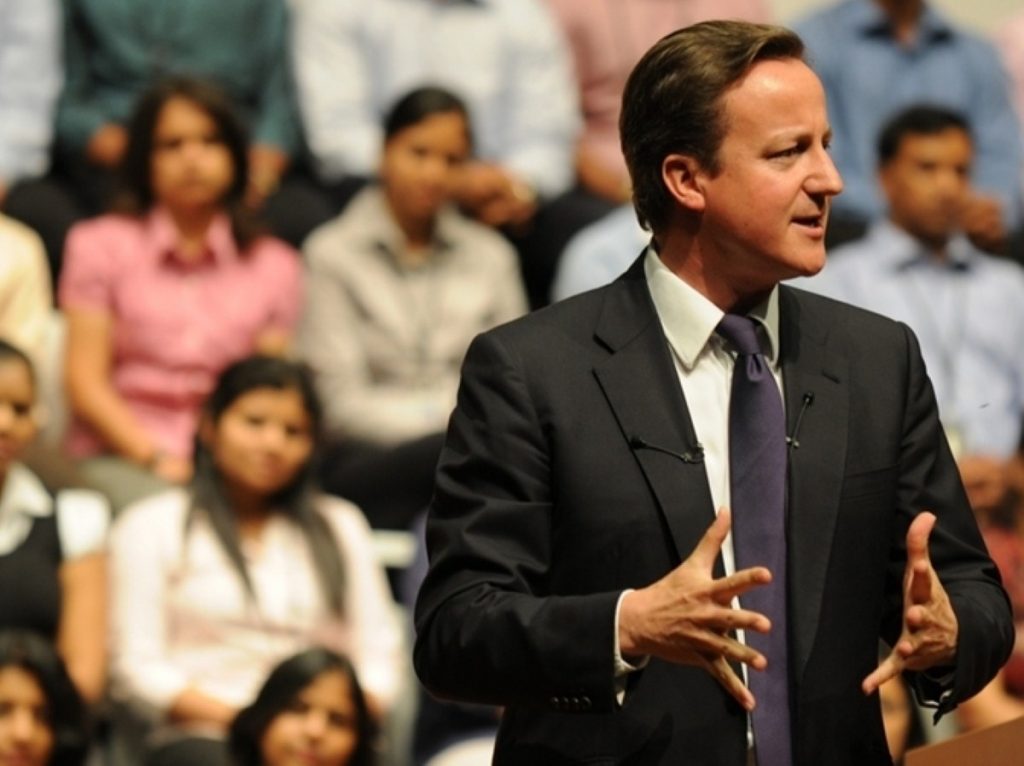Cameron: EU should open up to Pakistan trade
by Peter Wozniak
The EU should give preferential access to its markets to Pakistan, the prime minister will urge the European Council at its summit on Thursday.
Mr Cameron will argue that in the wake of the catastrophic flooding that has seen up to 20 million people made homeless, Europe needs to commit to Pakistan’s recovery with more than just aid.
The prime minister, writing to council president Herman van Rompuy, who presides over the summit, said: “We should go beyond [disaster relief] to set out an ambitious new partnership on serious economic reform and trade, the benefits of which will be worth more to Pakistan than even a sizeable aid package.”


The move would see Pakistan added to a list of countries that have trade restrictions with the EU lifted, in return for the adoption of political and economic reforms desired by the Union, essentially similar to the process seen for eastern European countries before their joining in 2004.
However, Mr Cameron’s call for trade liberalisation may meet opposition from European leaders anxious to protect EU markets post-financial crisis, with the Eurozone still suffering the effects of a sovereign debt crisis.
The prime minister’s attempts to push Pakistan to the top of the council agenda might also be seen as trying to smooth over relations after the perceived slight on the country when during a visit to India he said that Pakistan should not be allowed to “export terror”.
Deputy prime minister Nick Clegg argued on a recent visit to Pakistan that the country’s economic recovery was a long way in the distance, and warned that long-term economic assistance would be necessary.
Britain’s response to the floods, which have devastated Pakistan’s infrastructure and agriculture and caused potentially vast public health problems for the newly homeless millions, was widely praised, while the international community as a whole was deemed slow to respond by UN secretary general Ban Ki-Moon.












